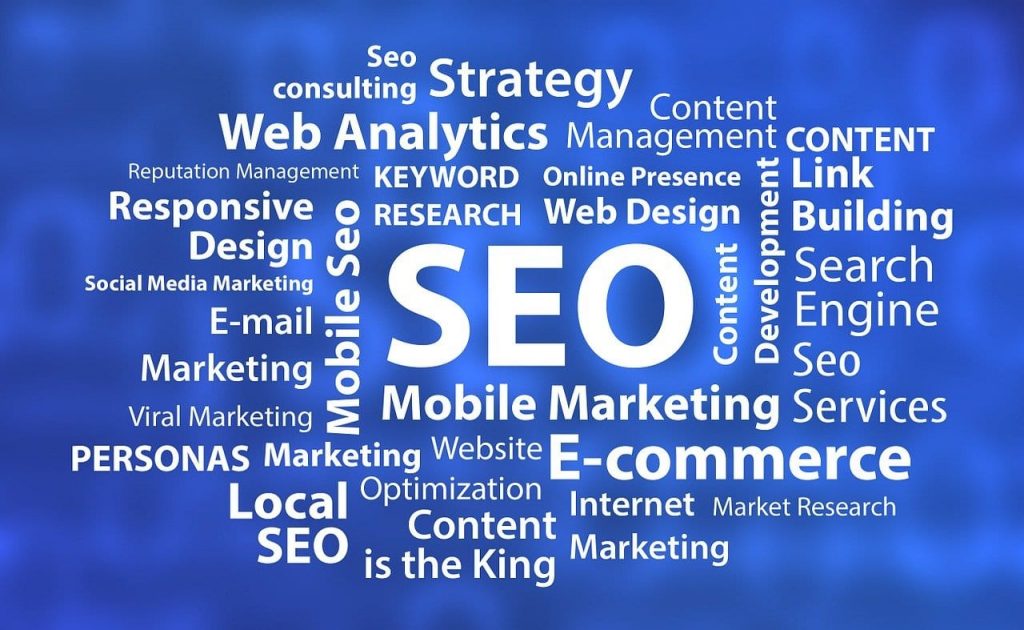
The real secret for the success of your online store lies in consistently getting qualified visitors to the e-commerce website. One of the cost-effective ways of reaching users is by doing e-commerce SEO. E-commerce SEO is an unmistakable strategy used in digital marketing for growing your business to achieve a high ROI. However, all the intricacies involved in SEO can appear daunting in the beginning. But it is worth the effort when you take into account the high-quality and consistent traffic you will get for your site. Here are some steps for performing e-commerce SEO to improve your ranking, sales, and traffic.
- Keyword research for e-commerce SEO
Keyword research is the base for all SEO processes and it is no different in the case of e-commerce SEO. You have to find out the keywords and search terms that the potential customers will use for searching on Google. These keywords will then be used for building the e-commerce SEO strategy. You need to identify the keywords that have a significant amount of search volume and have low to moderate competition. These keywords can generate sales and traffic. You need to infuse these keywords in the product pages and categories for optimizing the e-commerce website.
- Optimize the website architecture
The website architecture represents how an e-commerce website is organized in terms of pages and categories. The website structure is extremely important for search engines and visitors. Having a good website structure allows the search engines to index and crawl the e-commerce website. This allows the Google bots to find the pages of your website. If your pages are not linked properly, search engines might consider them to be worthy of indexing or might not find them at all.
- On-page SEO
Targeted keywords are the key ingredients for the success of an SEO strategy. On-page SEO is all about adding this ingredient to your product and category pages. These pages receive most of the traffic and contribute to the sales directly. Due to this, you need to make sure that when someone is searching for the targeted keywords your website ranks on the first page of Google SERPs.
- Technical SEO
Technical SEO is required to provide a terrific user experience, a snappy performance, and also for ensuring that Google can index and crawl your website. Every website profits from technical SEO however this is especially true in the case of e-commerce SEO. It is because the e-commerce websites do not get too many backlinks and the technical SEO must contribute in this regard. The e-commerce websites have a huge number of pages that increase the chances of technical issues arriving.
- Content marketing
The e-commerce products and category pages are capable of driving just a portion of expected traffic to your website. However, the fact is that many people use Google for getting answers, solving problems, and finding out new information. You will leave a massive chunk of potential customers and traffic on the table without content marketing. High-quality content also raises website authority. If you add strategic internal linking to it, you can increase the ranking and authority of the money-pages. You can run keyword research for finding out the topics various people are searching for.
Always measure the success of your e-commerce process by using Google Analytics. It provides information about website performance. E-commerce SEO may seem like a massive effort, however; when you take into account the different benefits you will realize its significance. You can hire the pros such as a Local SEO Company in the Tampa, FL area for driving the additional sales.
Image by Dok Sev from Pixabay
